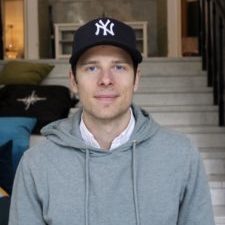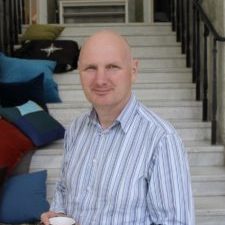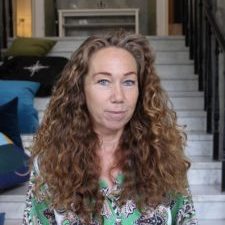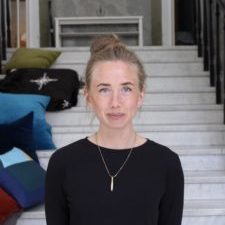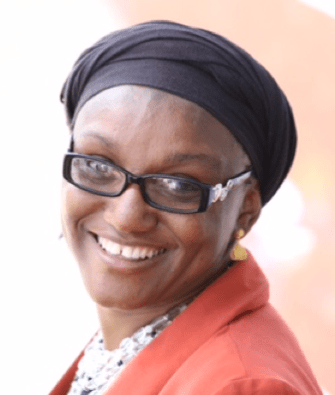
Tackling indoor pollution and energy poverty by bringing small-scale solar home systems to off-grid communities.
Habiba Ali
With a Master Degree in finance, a PhD in management and over a decade’s experience of working in the renewable energy sector, it was during a conference in 2009 that Habiba’s eyes were opened to the dangers of indoor pollution. She learned that a woman who sits by a kerosene lantern for 3 hours inhales harmful fumes equivalent to two packets of cigarettes. Habiba knew that the women street hawkers in her neighbourhood sat by their lamps for five hours every night, selling bread and bean cakes. Realizing that she was buying bread from women whose lungs were going black by the day, she bought 10 solar lamps and asked the women to use them instead of the kerosene lamps. After a few weeks, none of the women wanted to go back to using the kerosene lamps and this was the start of Sosai Renewable Energies.
Habiba took part in SE Forum’s SE Outreach Accelerator in 2017.
Sosai Renewable Energies
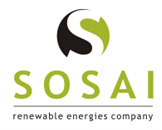
Sosai Renewable Energies produces and distributes solar products to rural areas in Nigeria, where people live in energy poverty and rely on candles, kerosene lights and firewood to lead their daily lives. These solutions are expensive and the indoor pollution causes chronic lung problems. Sosai provides small-scale solar home systems, as an affordable way of bringing light to off-grid communities. In addition to this, Habiba is passionate about involving more women in the renewable energy sector and has recently launched an entrepreneurship initiative for women to become energy entrepreneurs. 30 women are currently selling the solar lights in their communities. Habiba and her team are working on expanding this model to give more women the opportunity to participate in this income-generating program. The SE Outreach Accelerator will give Habiba the opportunity and tools to reflect on and evaluate the progress made so far, to help her accelerate Sosai’s business growth and future social impact



